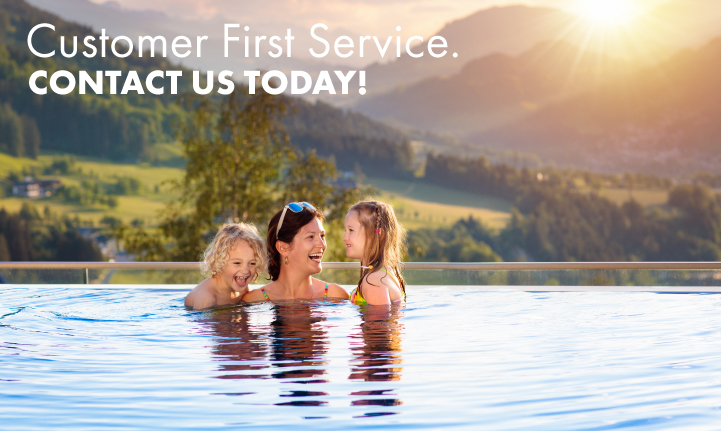Prevent Drowning: A Guide For Pool Owners
Owning a pool is a boon for several users. It is a great addition to your residence, especially if you own a pool from the variety of advanced fibreglass pools on offer today. These are pools that withstand all conditions and don't cost you much in terms of their maintenance. Initially, they may be expensive to put in, but once you have a fibreglass pool, you get features that translate to a plethora of benefits. If you have children at home, fibreglass pools can add to your quality of life in a big way.
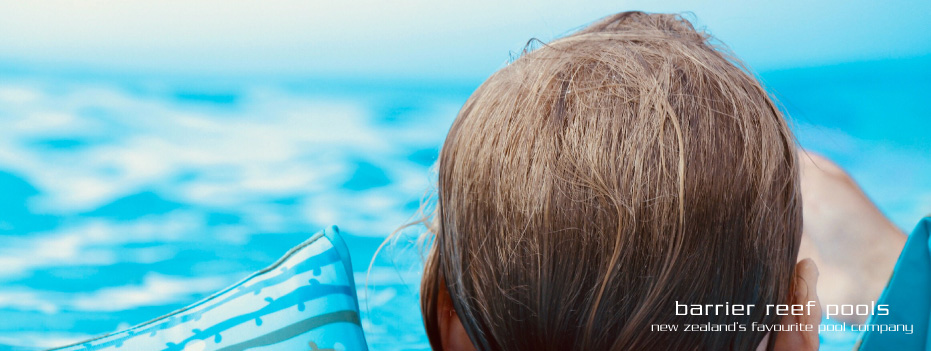
Reasons for which some individuals prefer not to own a pool in backyards, besides the maintenance part, include safety concerns. Among major safety concerns is the issue of drowning. Drowning can, and does, occur in just a few inches of water. The misconception that pool accidents related to drowning occur in deep water is unfounded. What's more, a child or an adult may know how to swim, but still can be a victim of drowning accidents. Some of the most crucial home pool tips include those to prevent drowning and create a safe pool atmosphere.
Drowning prevention
The prevention of drowning should be on the agenda of all individuals who own home swimming pools today. As you may well know, accidents around the home are all too common, but drowning incidents if you have a pool is quite frequent too. Significantly, drowning has been recorded as the fourth top cause of death around a home. Since there are various people of different age groups using the pool at any single time, there are different ways to prevent drowning for particular age groups. Nevertheless, there are general tips to be safe around pools and everyone should be aware of these.
Pool education
Whether you own a pool from the variety of fibreglass pools out there or any other type, drowning incidents are just as likely if you don’t take safety protocols seriously. Teaching swimming to children does not ensure that drowning is prevented. Swimming and pool education must extend to safety rules first, even before you venture into teaching children the actual activity of swimming. If children know what the rules pertaining to safety are, they can inculcate them early, and this helps them when they are adults too.
Children and water safety
Among the first home pool tips on safety is educating children about water safety. This doesn’t just hold true if you own a pool, but also if you live in the vicinity of a pond or a lake. For children, especially if they are quite young, a swim jacket is a necessity before getting into the water, or in an area with water. This must be inculcated so that it becomes a habit for children. Typically, swimming lessons start when a child is very young, only a year or two at times, so having a swim jacket is crucial. The good side of starting swimming lessons at an early age is that children learn about water and safety issues very soon. Additionally, they learn to swim early, and this helps to prevent drowning incidents as well.
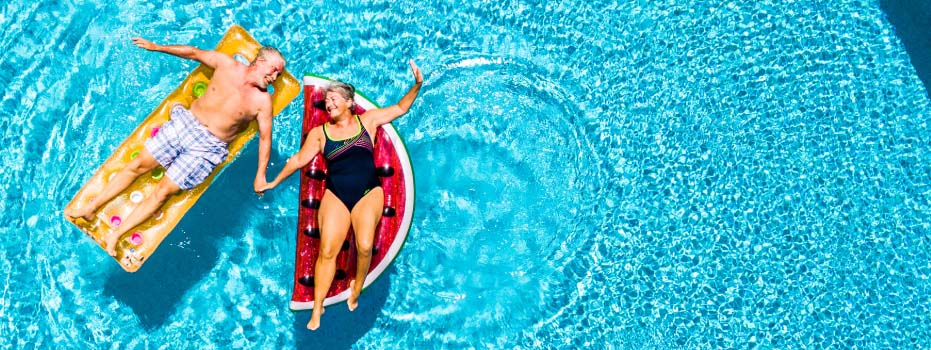
Safety training
If children are into or close to being teenagers, you may consider lifeguard training for children. This is a comprehensive way to learn about swimming safety rules. These training sessions and workshops can help adults and young children too. Another rule of thumb while children are swimming in home swimming pools, is to supervise them. It takes mere seconds for a child to be left unattended and for drowning to occur. Adults should care never to turn their backs on children. A good idea is to put a fence around the pool. Nonetheless, this acts as a safety measure provided children are not already in the pool.
Dangers less obvious
Fibreglass pools are among the safest pools you can own today, with features like anti-slip surfaces. They are also safe in the way that they do not accumulate dirt and grime quickly, which may cause the pool water to become unsafe to swim in. Still, however safe the actual pools may be, associated pool aspects may prove to be hazardous if you are not cautious around pools. Certain pool add-ons like hot tubs and jacuzzies, water add-ons like fountains and jets, slides, slippery ditches or the ground around your backyard due to rain, could all be hazardous factors.
Use sensors
Sensors are advanced ways to tell you, much like alarms, that children or anyone else may be near or in a pool. While adults may be busy with chores in parts of the home, children have sneaky ways to get to pools and the areas surrounding them. Drowning incidents relating to home swimming pools often occur this way, and parents need to be certain of where their children are at all times. Alarms with motion sensors are a good solution. These can be installed on doors leading to your backyard, or in the pool area so you know someone is at the pool. When alarms repeatedly go off, children may also learn to be less sneaky and stay indoors, by habit.
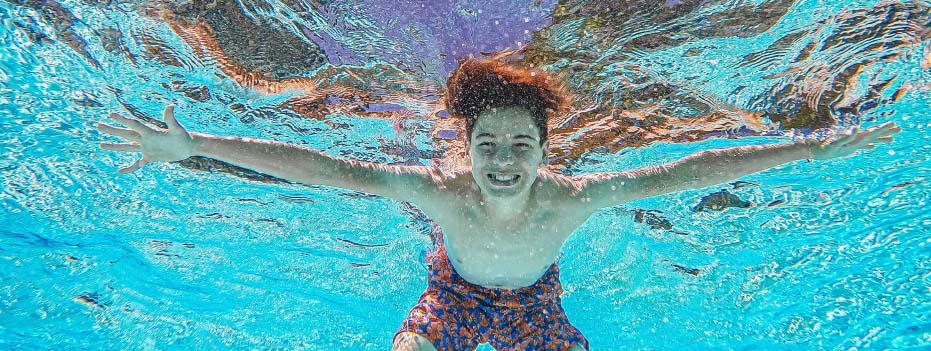
Safety for adults
When you select your dream pool from the many fibreglass pools on offer, you may feel a sense of pride that you own it. Nonetheless, safety for adults around the pool should cross your mind. While some child safety tips can apply to adult safety as well, there are certain things adults must be wary of near a pool. Firstly, adults should never consume alcohol while near pools. This is a variable that causes around seventy per cent of most pool deaths in teenagers and adults. Be aware that alcohol and water do not mix. Alcohol impairs the sense of balance and control over your mind and body.
Conclusion
Adults must be responsible for children and themselves while they are in a pool’s vicinity. Besides alcohol use, adults should also never consume certain drugs, prescription or otherwise, while being near or in a pool. Furthermore, in case there are pets at home, they should be prevented from entering the pool area, either with the use of barricades or fencing. Pool safety is as important as any other aspect of owning a pool, if not the most important factor.
Pool safety is paramount to ensure that risk is heavily minimised while swimming or while supervising swimmers. Making sure you are not distracted and that you have basic first aid skills, CPR knowledge and situational awareness can be the difference between life and death. Swimming can be extremely fun, but staying safe is better.
Life can be busy. Anybody can get distracted and kids will be kids. There are many helpful additions that can be your eyes if you are not physically there. Pool sensors and video cameras are both ways to achieve peace of mind if you cannot be physically present. Contact us today for more information!
Prevent Drowning: A Guide For Pool Owners
Owning a pool is a boon for several users. It is a great addition to your residence, especially if you own a pool from the variety of advanced fibreglass pools on offer today. These are pools that withstand all conditions and don't cost you much in terms of their maintenance. Initially, they may be expensive to put in, but once you have a fibreglass pool, you get features that translate to a plethora of benefits. If you have children at home, fibreglass pools can add to your quality of life in a big way.
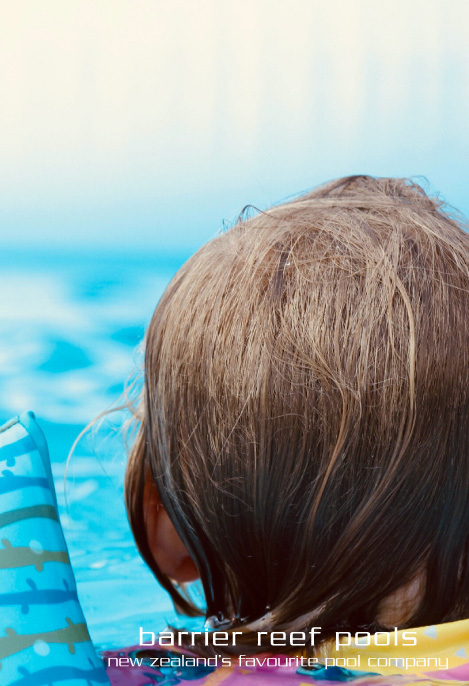
Reasons for which some individuals prefer not to own a pool in backyards, besides the maintenance part, include safety concerns. Among major safety concerns is the issue of drowning. Drowning can, and does, occur in just a few inches of water. The misconception that pool accidents related to drowning occur in deep water is unfounded. What's more, a child or an adult may know how to swim, but still can be a victim of drowning accidents. Some of the most crucial home pool tips include those to prevent drowning and create a safe pool atmosphere.
Drowning prevention
The prevention of drowning should be on the agenda of all individuals who own home swimming pools today. As you may well know, accidents around the home are all too common, but drowning incidents if you have a pool is quite frequent too. Significantly, drowning has been recorded as the fourth top cause of death around a home. Since there are various people of different age groups using the pool at any single time, there are different ways to prevent drowning for particular age groups. Nevertheless, there are general tips to be safe around pools and everyone should be aware of these.
Pool education
Whether you own a pool from the variety of fibreglass pools out there or any other type, drowning incidents are just as likely if you don’t take safety protocols seriously. Teaching swimming to children does not ensure that drowning is prevented. Swimming and pool education must extend to safety rules first, even before you venture into teaching children the actual activity of swimming. If children know what the rules pertaining to safety are, they can inculcate them early, and this helps them when they are adults too.
Children and water safety
Among the first home pool tips on safety is educating children about water safety. This doesn’t just hold true if you own a pool, but also if you live in the vicinity of a pond or a lake. For children, especially if they are quite young, a swim jacket is a necessity before getting into the water, or in an area with water. This must be inculcated so that it becomes a habit for children. Typically, swimming lessons start when a child is very young, only a year or two at times, so having a swim jacket is crucial. The good side of starting swimming lessons at an early age is that children learn about water and safety issues very soon. Additionally, they learn to swim early, and this helps to prevent drowning incidents as well.
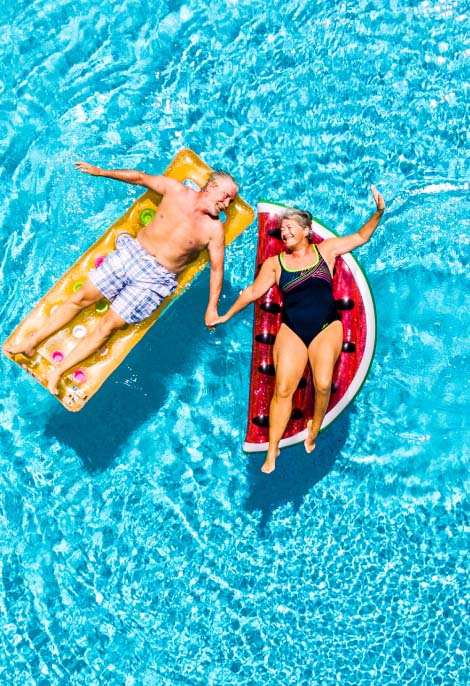
Safety training
If children are into or close to being teenagers, you may consider lifeguard training for children. This is a comprehensive way to learn about swimming safety rules. These training sessions and workshops can help adults and young children too. Another rule of thumb while children are swimming in home swimming pools, is to supervise them. It takes mere seconds for a child to be left unattended and for drowning to occur. Adults should care never to turn their backs on children. A good idea is to put a fence around the pool. Nonetheless, this acts as a safety measure provided children are not already in the pool.
Dangers less obvious
Fibreglass pools are among the safest pools you can own today, with features like anti-slip surfaces. They are also safe in the way that they do not accumulate dirt and grime quickly, which may cause the pool water to become unsafe to swim in. Still, however safe the actual pools may be, associated pool aspects may prove to be hazardous if you are not cautious around pools. Certain pool add-ons like hot tubs and jacuzzies, water add-ons like fountains and jets, slides, slippery ditches or the ground around your backyard due to rain, could all be hazardous factors.
Use sensors
Sensors are advanced ways to tell you, much like alarms, that children or anyone else may be near or in a pool. While adults may be busy with chores in parts of the home, children have sneaky ways to get to pools and the areas surrounding them. Drowning incidents relating to home swimming pools often occur this way, and parents need to be certain of where their children are at all times. Alarms with motion sensors are a good solution. These can be installed on doors leading to your backyard, or in the pool area so you know someone is at the pool. When alarms repeatedly go off, children may also learn to be less sneaky and stay indoors, by habit.
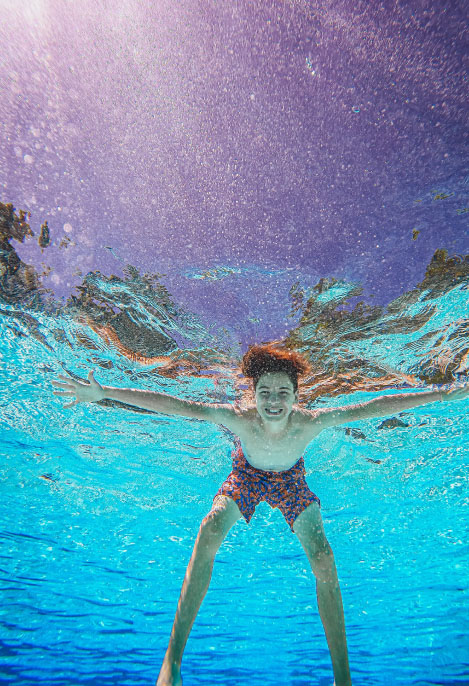
Safety for adults
When you select your dream pool from the many fibreglass pools on offer, you may feel a sense of pride that you own it. Nonetheless, safety for adults around the pool should cross your mind. While some child safety tips can apply to adult safety as well, there are certain things adults must be wary of near a pool. Firstly, adults should never consume alcohol while near pools. This is a variable that causes around seventy per cent of most pool deaths in teenagers and adults. Be aware that alcohol and water do not mix. Alcohol impairs the sense of balance and control over your mind and body.
Conclusion
Adults must be responsible for children and themselves while they are in a pool’s vicinity. Besides alcohol use, adults should also never consume certain drugs, prescription or otherwise, while being near or in a pool. Furthermore, in case there are pets at home, they should be prevented from entering the pool area, either with the use of barricades or fencing. Pool safety is as important as any other aspect of owning a pool, if not the most important factor.
Pool safety is paramount to ensure that risk is heavily minimised while swimming or while supervising swimmers. Making sure you are not distracted and that you have basic first aid skills, CPR knowledge and situational awareness can be the difference between life and death. Swimming can be extremely fun, but staying safe is better.
Life can be busy. Anybody can get distracted and kids will be kids. There are many helpful additions that can be your eyes if you are not physically there. Pool sensors and video cameras are both ways to achieve peace of mind if you cannot be physically present. Contact us today for more information!

